FAQ: 2020 Farm Requirements
A detailed FAQ about the Rainforest Alliance 2020 Sustainable Agriculture Standard Farm Requirements.
Home / Business / Certification / Page 12
Certification has had a huge impact in bringing sustainability to the forefront of business thinking, but it must continue to evolve to provide more value to farmers and companies and ensure that people and nature can thrive in harmony.
That's why the Rainforest Alliance launched its new Certification Program, which entered into force in July 2021. The Sustainable Agriculture Standard, along with its assurance and technology systems, are data-powered, and based on the principles of continuous improvement, risk-based assurance, contextualization, and shared responsibility. This is how we can deliver more value to the two million farmers and thousands of businesses that use Rainforest Alliance certification to drive more sustainable agricultural production and responsible supply chains.
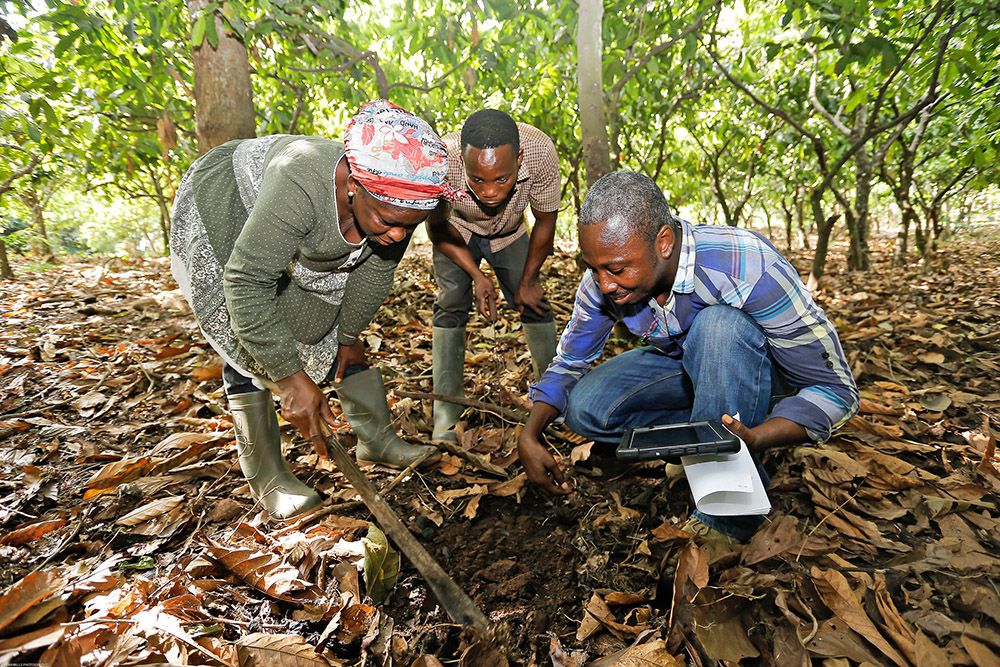
The certification program is part of the Rainforest Alliance’s strategy to drive sustainability at scale in the sectors in which we operate through interconnected interventions supporting certification, tailored supply chain services, landscapes and communities, and advocacy.
Key priorities of our cocoa strategy are assurance, shared responsibility, supply chain transparency, and profitability and resilience.
How we have tailored the implementation and verification of standards requirements on child labor and forced labor to the risk exposure of each farm.
Our shared responsibility approach aims to distribute benefits and costs of certification more evenly between farmers and companies.
Begin your journey of certification with the Rainforest Alliance.
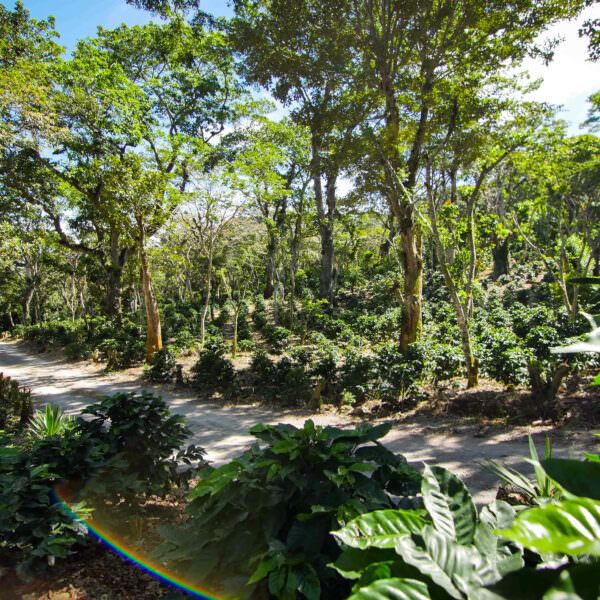
A detailed FAQ about the Rainforest Alliance 2020 Sustainable Agriculture Standard Farm Requirements.
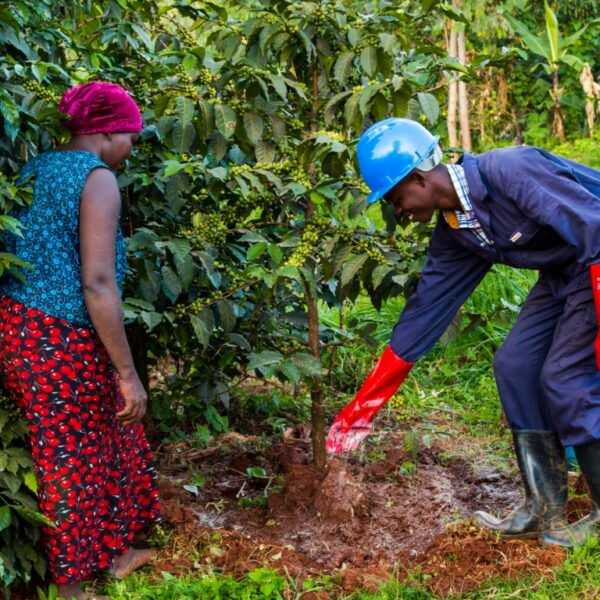
Find out what Ugandan coffee exporter, Kyagalanyi Coffee, had to say about the new program—from the improvements to the challenges.
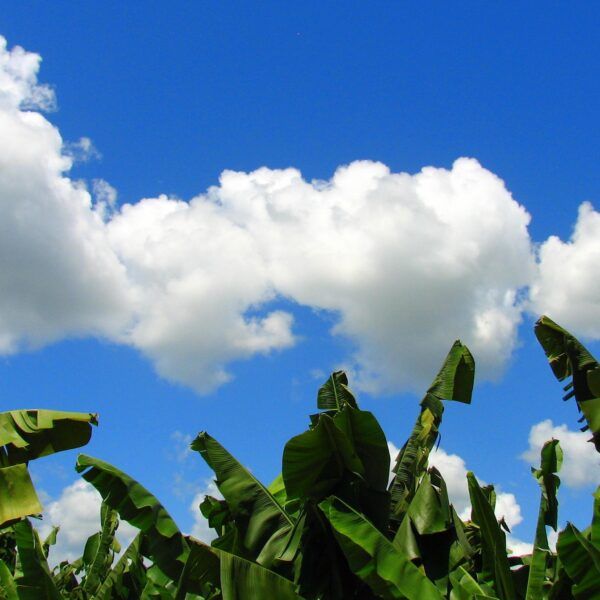
After teaming up for an early implementation pilot of our strengthened certification program, both Finca Esmeralda and the Rainforest Alliance took away learnings that will contribute to a more sustainable banana sector.
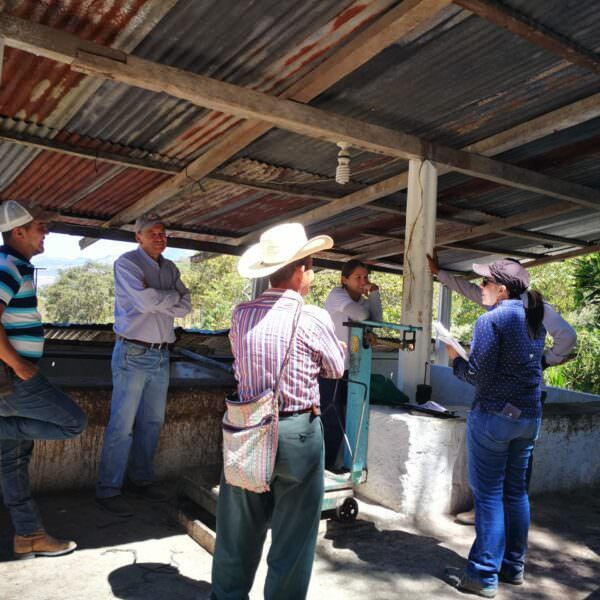
Rainforest Alliance certification is carried out by our authorized certification bodies. Find an authorized certification body in your county.

This module provides a step-by-step overview of the actions you can take to mitigate specific child labor risks. Actions discussed include awareness raising, training, child labor monitoring & remediation systems, income improvement, education, youth employment, and skills. Examples and partnership opportunities are provided.

This module provides a practical overview of Rainforest Alliance’s approach to tackle child labor through our 2020 Sustainable Agriculture Standard’s assess-and-address system. This system includes five due diligence steps: Commit; Assess risks; Mitigate risks; Remediate actual cases of child labor and Monitor.

This module provides step-by-step guidance on how to conduct a basic and in-depth risk assessment on child labor and how to plan and track your mitigation actions.

This guidance document will help farm Certificate Holders (CHs) in China to use the following 2 applications, one application on a mobile device and the other on a computer to collect and analyze geolocation data as per requirement 1.2.12 and 1.2.13. Certification Bodies (CBs) can use the same tools to check the accuracy of the […]

Policy for clarification of Chapter 1.8 of the CARs.
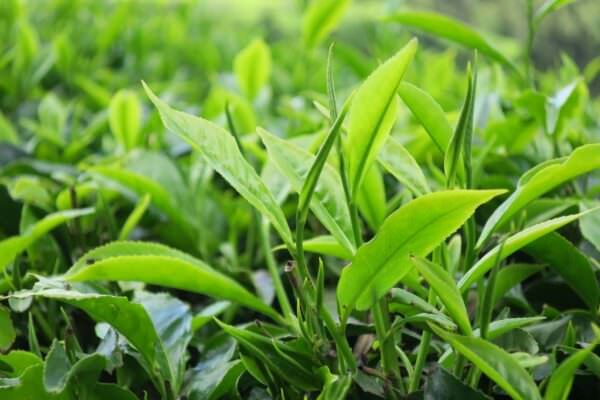
We believe that creating truly sustainable global supply chains requires a shared responsibility approach. This means that the costs and benefits of certification are evenly distributed between farmers and buyers along the supply chain, so that both are rewarded for their efforts to embrace more sustainable practices.... Continue Reading